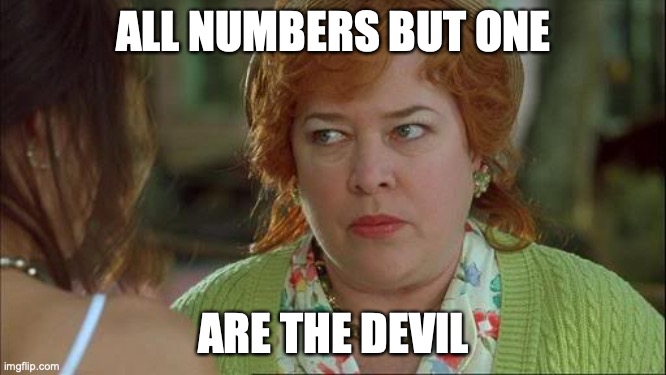Traditional Sámi religion was a type of
polytheism. (See
Sámi deities.) There was some diversity due to the wide area that is
Sápmi, allowing for the evolution of variations in beliefs and practices between tribes. The old beliefs are closely connected to the land,
animism, and the
supernatural.
Sámi spirituality is often characterized by
pantheism, a strong emphasis on the importance of personal spirituality and its interconnectivity with one's own daily life, and a deep connection between the natural and spiritual "worlds".
[147] Among other roles, the
Sámi shaman, or
noaidi, enabled ritual communication with the supernatural
[148] through the use of tools such as drums, chants, sacred objects and
fly agaric.
[149][150] Some practices within the Old Sámi religion included natural sacred sites such as mountains, springs, land formations, as well as man-made ones such as
petroglyphs and
labyrinths.
[151]
The Sámi cosmology divides the universe into three worlds. The upper world is related to the South, warmth, life, and the color white. It is also the dwelling of the gods. The middle world is like the Norse
Midgard, it is the dwelling of humans and it is associated with the color red. The third world is the underworld and it is associated with the color black, it represents the north, the cold and it is inhabited by otters, loons, and seals and mythical animals.
[152][153]
Sámi religion shared some elements with
Norse mythology, possibly from early contacts with trading Vikings (or vice versa). They were the last worshippers of Thor, as late as the 18th century according to contemporary ethnographers. Through a mainly French initiative from
Joseph Paul Gaimard as part of his
La Recherche Expedition,
Lars Levi Læstadius began research on Sámi mythology. His work resulted in
Fragments of Lappish Mythology, since by his own admission, they contained only a small percentage of what had existed. The fragments were termed
Theory of Gods,
Theory of Sacrifice,
Theory of Prophecy, or short reports about rumorous Sami magic and
Sami sagas. Generally, he claims to have filtered out the Norse influence and derived common elements between the South, North, and Eastern Sámi groups.[
citation needed] The mythology has common elements with other traditional indigenous religions as well—such as those in
Siberia and North America.




